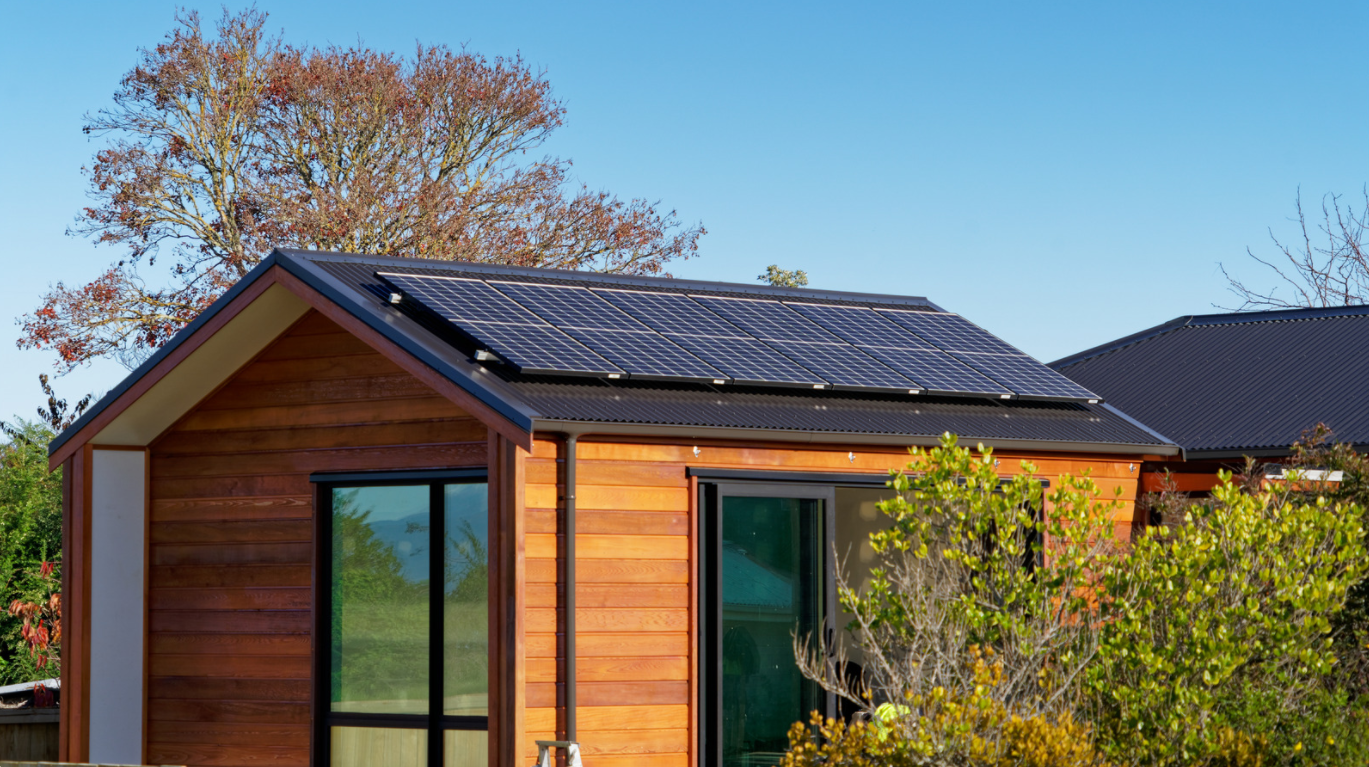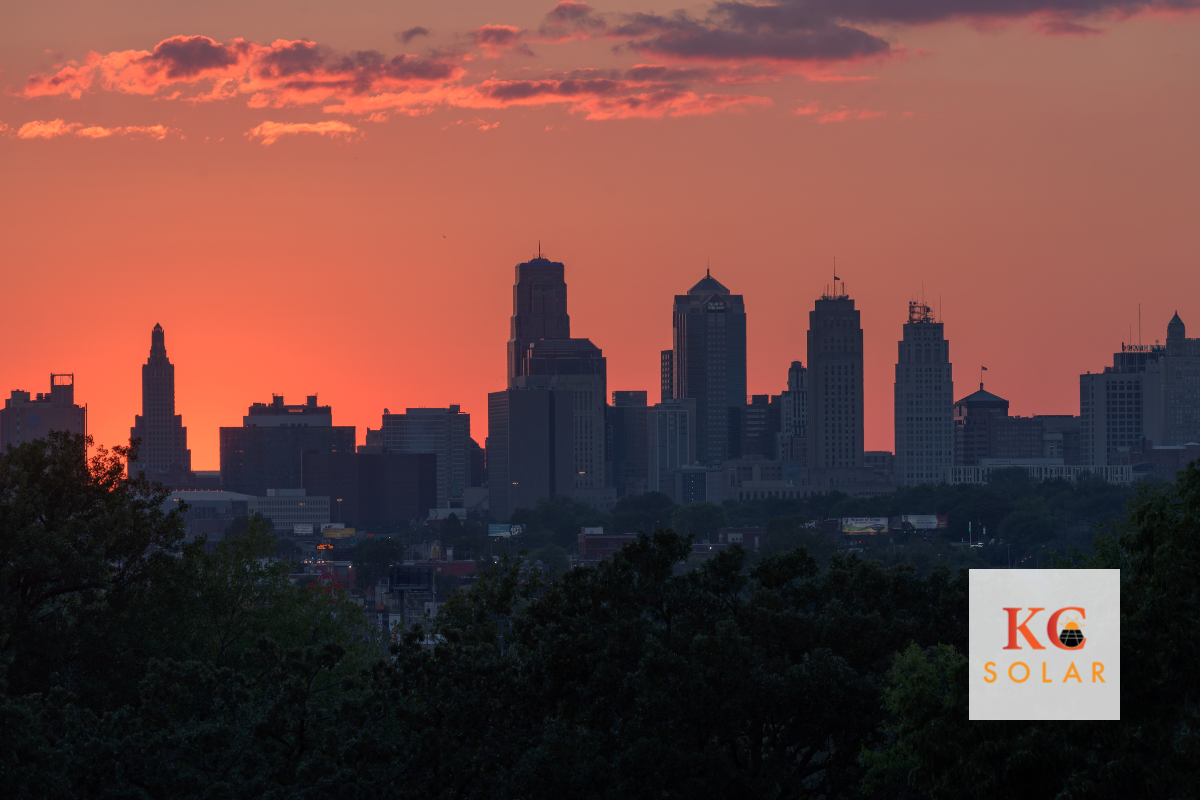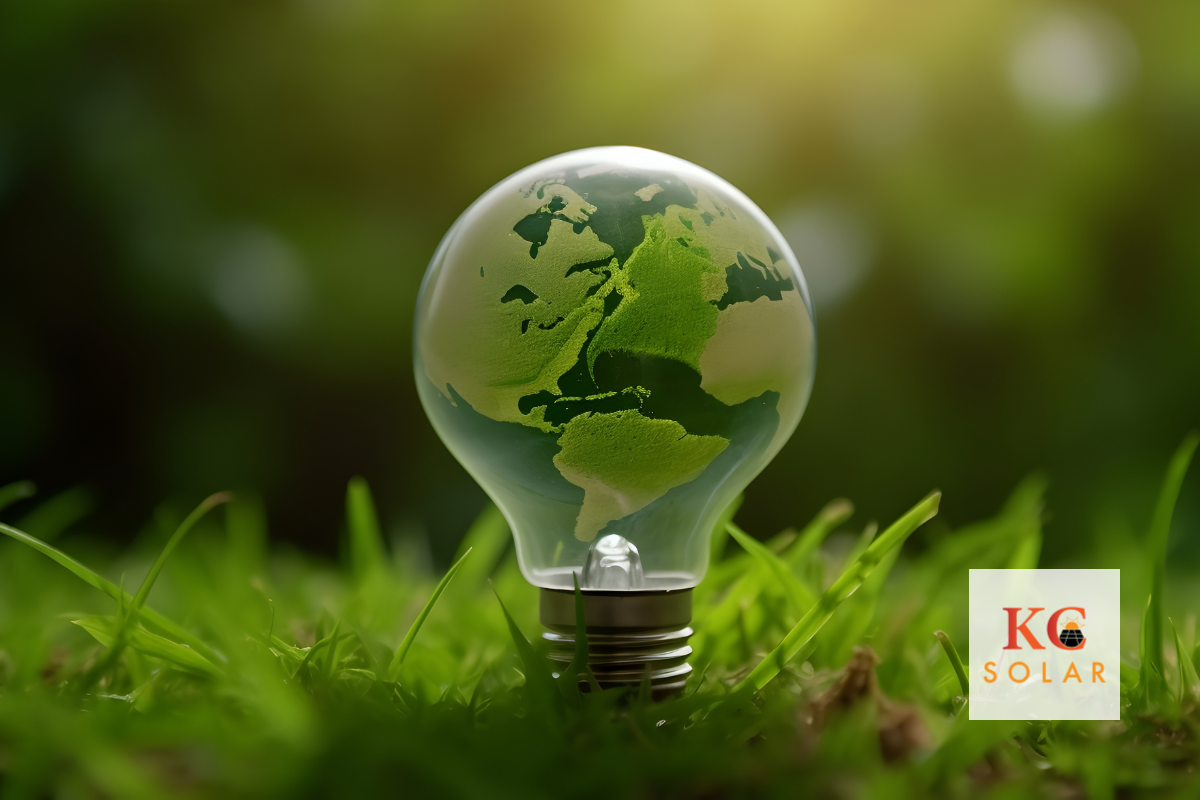Looking for freedom from your electric company? Solar panels could be the right move for you. But if you’re looking for freedom from all utilities, you may need to take it a step further and go off grid.
Learn more about going off grid, its costs and benefits, and some of the steps you’d need to take.
What Does It Mean to Go “Off Grid”?
In a world of social media influencers and crowdsourced content on sites like Instagram and TikTok, going “off grid” may sound like a trendy thing to do. However, you’ll probably find a variety of definitions. For some, it means cutting ties with your electric and other utility companies. For others, it could mean throwing your cell phone away and building a cabin in the woods, never to be seen again.
In our case, we’re going to look it using the first definition we mentioned — cutting ties with your utility providers. And just so you’re aware: Going solar doesn’t necessarily take you off the grid. EnergySage explains it in easy-to-understand terms:
“The majority of residential solar power systems in the United States are connected to the grid. This allows you to draw power from the grid when your system is not producing power, like at night. In most states when you have a solar panel system, you use the power you produce first and only draw on the grid when you need to. When you produce more power than you need, it is fed into the grid and the utility then takes over to move it where it is needed.”
That means that, if you truly want to be off grid, you’re going to do more than just go solar.
Why Go Off Grid?
What exactly is the point of going off-grid, anyway? The truth is that it requires a lot of planning, work, and just the right execution. But it could still be the right choice for you if the benefits align with your lifestyle and goals.
Just like one of the main benefits of going solar is the increased energy independence and decreased reliance on the utility companies, the same is true for those seeking to go off-grid altogether.
Consider what happened back in February of this year: Texas experienced an unprecedented winter storm with wide-reaching effects — even for those of us in Missouri and Kansas. Many of us were impacted by the failure of the Texas power grid.
Here’s why: Texas relies heavily on natural gas energy to produce electricity. During the consistently sub-freezing temperatures that lasted from days to weeks, the wells froze, leaving many customers without power and increasing the prices for those who still had it.
By going off-grid, you become totally independent. You aren’t depending on any utility company, so you aren’t subject to their frequent price increases or any issues they face.
How Much Does It Cost?
Going solar can be a fantastic financial decision for many people. While they require a fixed cost up front, you will eventually see a return on that investment. By locking in your electricity costs for good, your solar energy system will drive down or eliminate your electric bill, paying for itself over time.
Typically, the Return on Investment (ROI) for a solar power system is about 6-10 years. After those 6-10 years pass, you will have totally offset the cost of your installation with 6-10 years’ worth of lower – or completely eliminated – electric bills. From that point forward, any money you save goes straight into your pockets.
Going off grid, on the other hand, could cost a lot more — and you may not see a financial return on investment for some time, either. According to experts at OffGridPermaculture.com, the typical cost for making the move off grid can vary: The average cost of moving off grid is $101,087 with a low value of $12,447 and a high of $463,260.
The extra cost isn’t typically a result of the solar panels. It’s often the backup source of power or power storage that replaces the grid. (Plus, the other utilities: More on that in a minute). This is often a battery backup system. And, in the marketplace, the battery backups aren’t as cost-effective as the rest of the system.
The truth is that going off grid isn’t typically done for financial savings purposes. Rather, it’s generally done to align with a certain desired lifestyle and the values of the homeowner.
What Do You Need To Do?
If you’re still set on going off grid, it’s definitely possible. Here are some of the things you’ll need to keep in mind.
First, realize that your current home may not be compatible with off-grid living. This is especially true for homes in urban or suburban areas that are already connected to the grid. It’s possible that if you already live in a rural home, you may be able to convert it off grid.
Otherwise, you may need to purchase land that contains access to the resources you’ll need to use, such as water, and then build your own home. And of course, the simplest option could be purchasing a home that is already off grid.
Next, going solar is a crucial step for producing your own energy. But just because you’re going off grid doesn’t mean you should do it yourself. Be sure to work with a reputable local solar company for the installation. When you work with a local solar company, you’re ensuring your energy system is as personal as it can possibly be. You’ll get a 100% personalized, customized solar system for your home.
Once your solar system is installed, you’ll need to supplement them with a backup source of power in case you have mechanical problems or too many low-power-producing days in a row. Again, this is often a battery backup system.
And, of course, if you’re truly talking about disconnecting from the grid, this means you’ll need to have your own source of water. Having a professional install a well to ensure the highest level of reliability and safety is recommended.
Finally, going off grid also means you’ll need to install a septic system. This isn’t the most pleasant topic to think about, but it’s definitely a necessity. (We think we’ll stick to installing solar.)
On- or Off-Grid: KC Solar Has You Covered
If you are looking for the best solar company in Kansas City, look no further than KC Solar. They are your local Kansas City solar panel installation experts. Once you schedule a no-pressure site visit, our experts will help you understand what solar system specifications would be best for your home or business.
KC Solar is the only local solar company in Kansas City with KC natives who own and operate the daily activities of the business. What does that mean for you? We care about you because we care about this city, and we only want the best for it.
And be sure to download our Free Solar Panel Buying Guide for more information.
We look forward to serving you!






